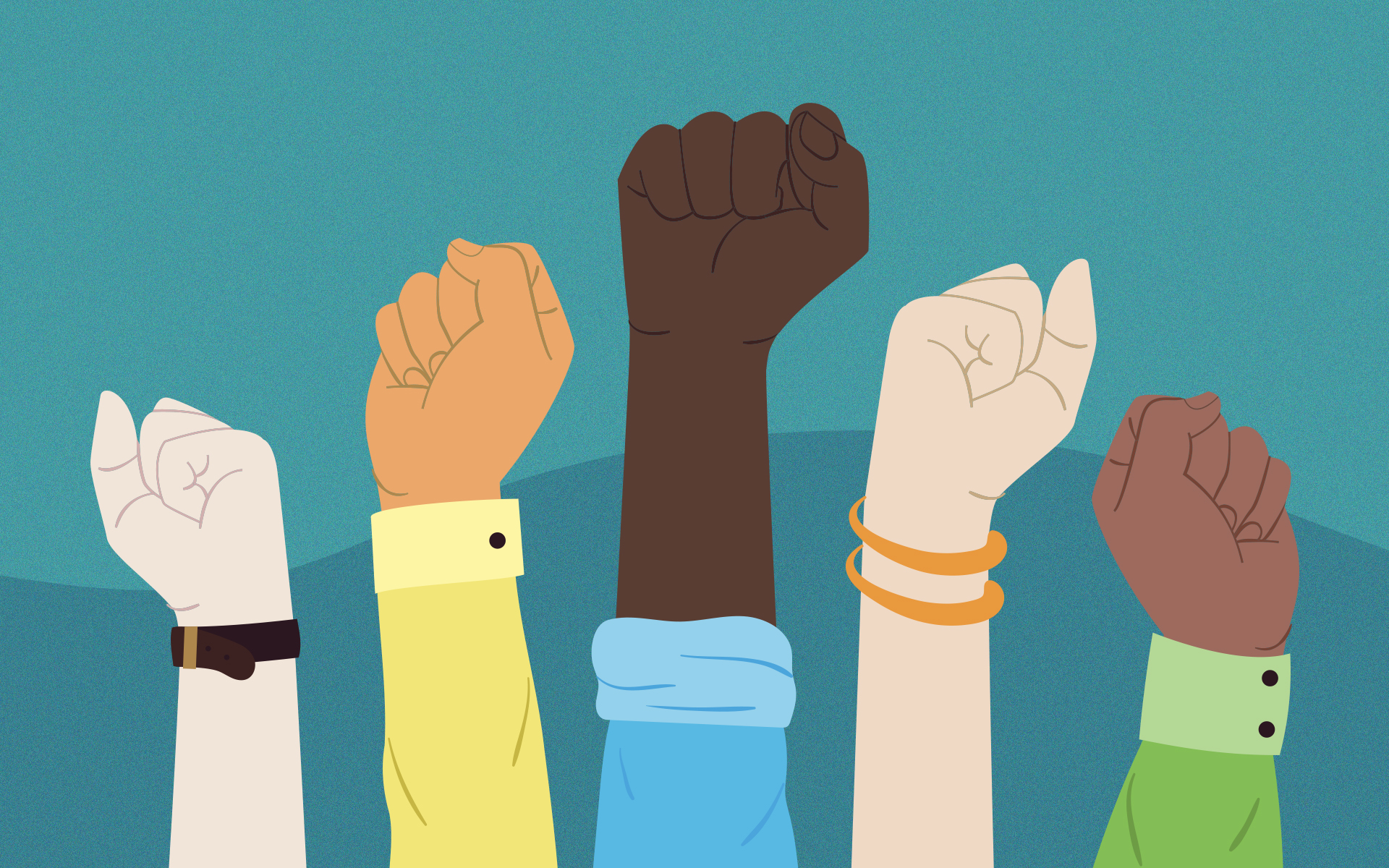In 1992, Zindel Segal, John Teasdale, and Mark Williams collaborated to create an eight-week program modeled on Mindfulness-Based Stress Reduction (MBSR). Jon Kabat-Zinn—who developed MBSR—had some initial misgivings about the program, fearing the curriculum might insufficiently emphasize how important it is for instructors to have a deep personal relationship with mindfulness practice. Once he got to know the founders better, he became a champion for the program. In 2002, the three published Mindfulness-Based Cognitive Therapy for Depression: A New Approach to Preventing Relapse, now a landmark book.
MBCT’s credibility rests firmly on ongoing research. Two randomized clinical trials (published in 2000 and 2008 in The Journal of Consulting and Clinical Psychology) laid the foundation, indicating MBCT reduces rates of depression relapse by 50% among patients who suffer from recurrent depression. Recent findings published in The Lancet in 2015 revealed that combining a tapering off of medication with MBCT is as effective as an ongoing maintenance dosage of medication.
1) Mindfulness and Meditation for Anxiety:
Anxiety is our body’s way of saying, “Hey, I’m experiencing too much stress all at once.” This happens to the best of us. But, when that feeling of being “always on alert” becomes background noise that doesn’t go away, that’s when its time to seek help. There are many ways that anxiety can disorder your life. And this guide is not meant to serve as a diagnosing tool or a treatment path. This is simply a collection of research and some practices you can turn to as you begin to right your ship.
Meditation for Anxiety
Explore how mindfulness and meditation can help soften feelings of anxiousness, reduce stress, and calm a panic attack.
Read More
2) A Meditation for Investigating Panic Attacks
A great many people who suffer with panic attacks experience feeling as though they are losing control and going crazy. Some people describe feeling a disconnect from reality that scares and confuses them. You may feel completely helpless, as though there is nothing you can do and no one can help you. You literally believe that a threat is present, likely, or imminent. It’s a frightening experience that is not soon forgotten. In fact, the fear alone that it may happen again is enough to start the cycle of panic and insecurity. If you’re feeling scared or insecure about a reoccurrence right now, you are not alone and there is help.
A Meditation for Investigating Panic Attacks
By practicing mindful inquiry, you can begin to understand what is driving your anxious emotions and gain freedom from them.
Read More
3) 10 Mindful Attitudes That Decrease Anxiety
There are certain attitudes that play an important role when working with anxiety mindfully. These attitudes are central to mindfulness, and fostering them will help you develop and sustain your practice. It’s similar to adding nutrients to the soil to cultivate a vibrant and healthy garden. By attending to the attitudes of mindfulness, you can support your practice and help it flourish. And just as a well-tended garden bears seeds and fruit, so too will practicing mindfulness help foster all of the attitudes of mindfulness. Keep in mind that you may find slightly different lists of the attitudes of mindfulness in other places.
10 Mindful Attitudes for Reducing Anxiety
Learn how to interrupt automatic reactions to anxiety while fostering inner peace and self-awareness with 10 key mindful attitudes.
Read More











